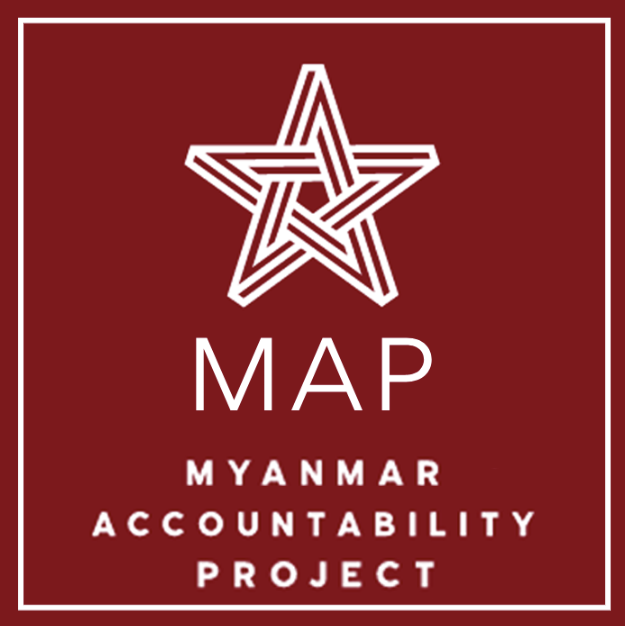Evidence Submitted to the International Criminal Court
Press Release Myanmar Accountability Project, embargoed until 10.12.21
London, 10 December, 2021: The Myanmar Accountability Project, MAP, has submitted evidence to the International Criminal Court, the ICC, accusing the man who led the coup in Myanmar on 1 February, Senior General Min Aung Hlaing, of crimes against humanity.
In its submission, under Article 15 of the Rome Statute, MAP urged the ICC to open a criminal investigation into the widespread and systematic use of torture as part of the violent crackdown against the protest movement in Myanmar in what a UN Rapporteur has characterised as “a brute force terror campaign.”
“The leader of the illegal coup is criminally responsible for the security forces under his command committing mass atrocity crimes,” said MAP Director, Chris Gunness. “The prospects of a conviction are good and we believe that grounds for issuing an arrest warrant against Min Aung Hlaing are overwhelming.”
MAP has submitted to the ICC clear evidence of torture against a named individual and legal analysis to show that the use of torture in Myanmar is widespread, systematic and the result of state-wide policies. This clearly meets the threshold of crimes against humanity.
“Our submission to the ICC sets out a powerful case for criminal responsibility for these crimes going all the way up to Min Aung Hlaing himself,” said Gunness.
According to the Assistance Association for Political Prisoners — one of the most reliable human rights groups working on Myanmar — over 1,300 people have been killed since the coup and over 7,000 were arrested, charged or sentenced.
According to the Head of the Independent Investigative Mechanism for Myanmar (IIMM), Nicholas Koumjian, the IIMM has collected over 219,000 items of information since the coup. In a recent briefing to the Human Rights Council he argued that “evidence shows security forces acting in a coordinated manner across different regions, systematically targeting specific categories of persons, such as journalists and medical professionals.” Mr Koumjian concluded that “more than ever, there is a need to end impunity.”
ends

10 thoughts on “Press Release: Myanmar Coup Leader Accused of Crimes against Humanity”